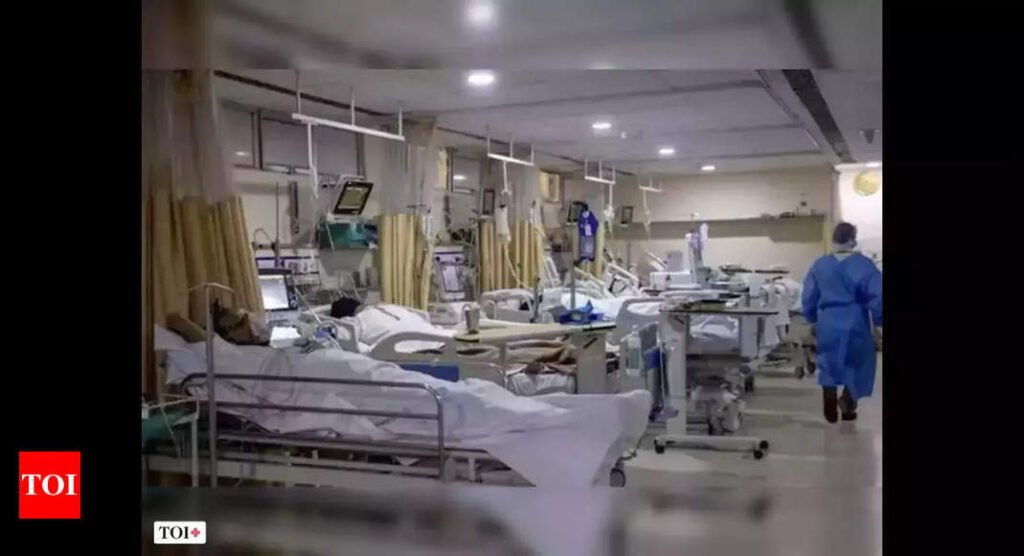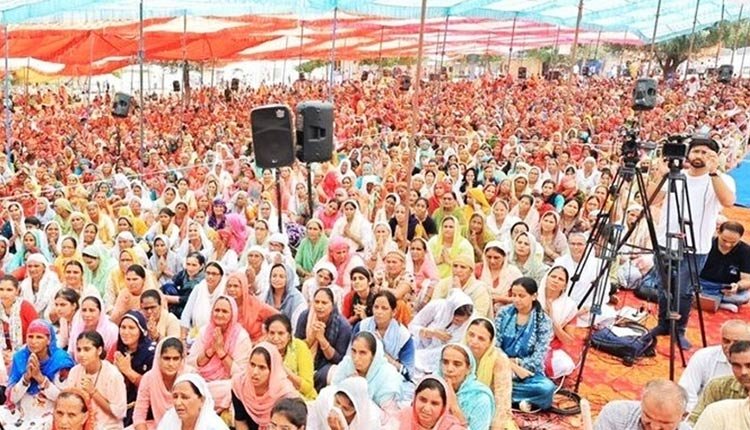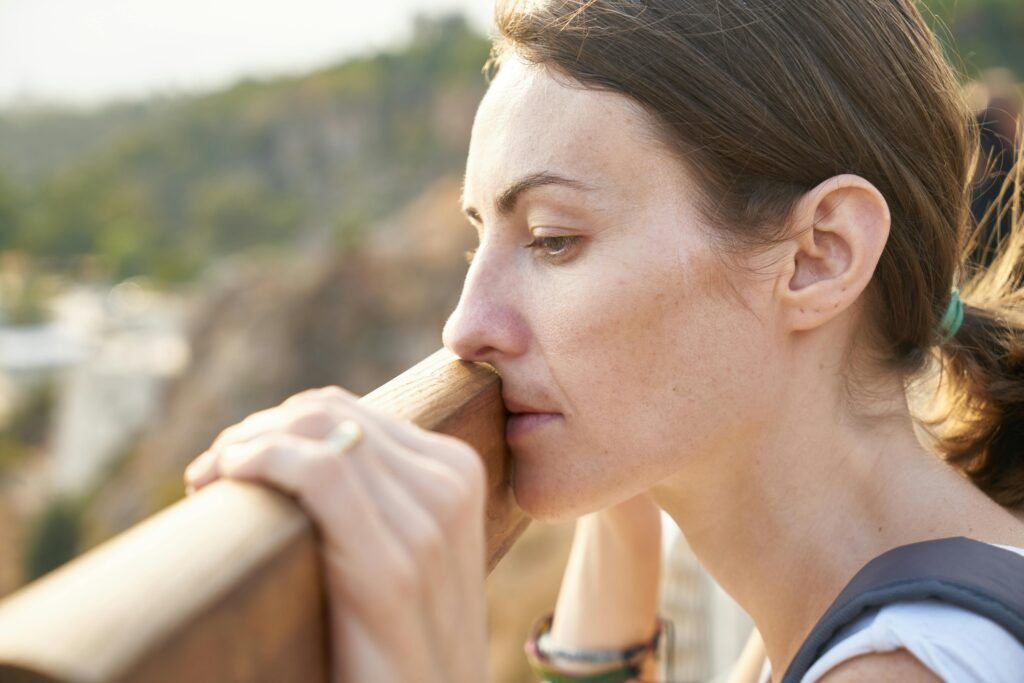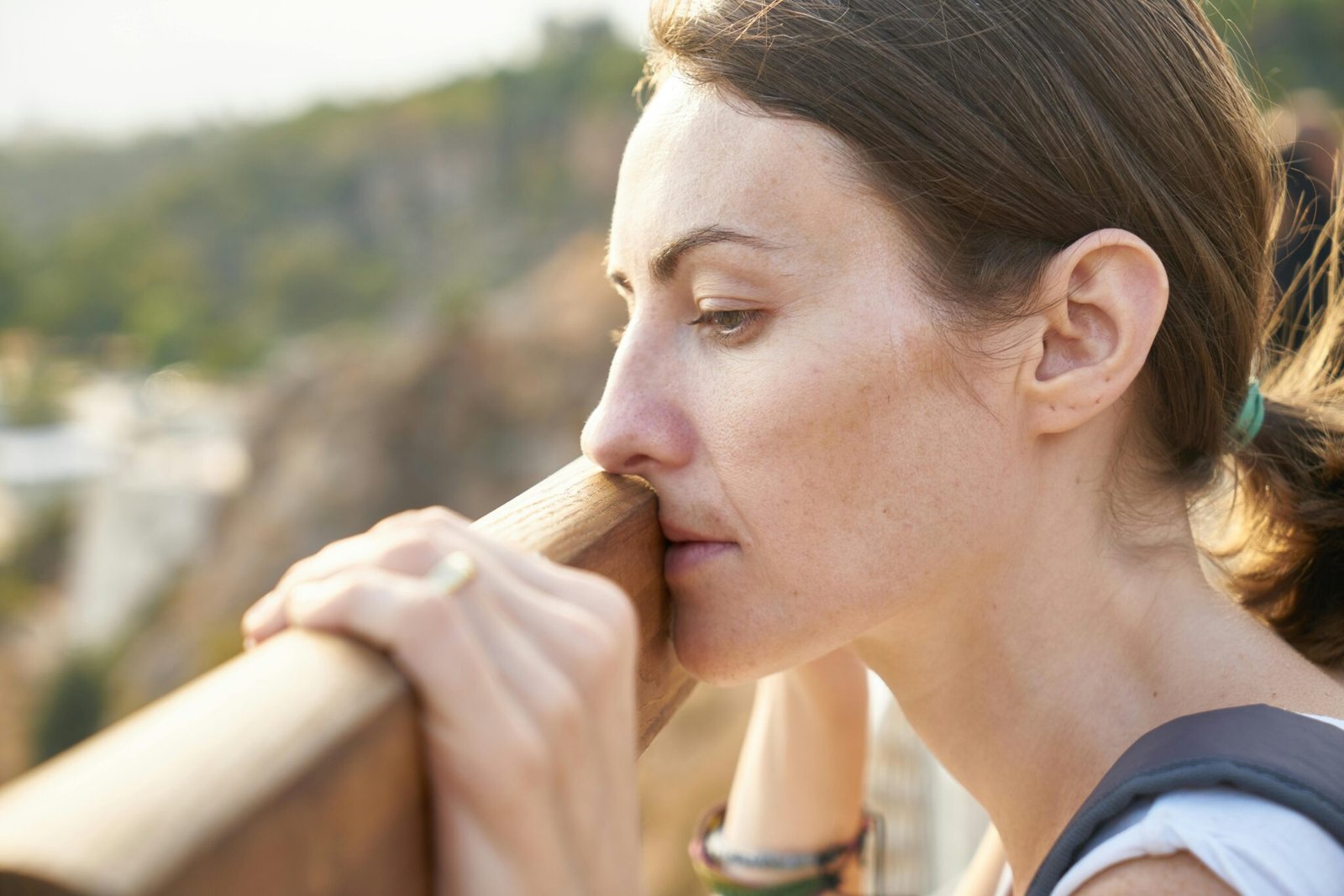In my country, every year, we get to hear about mass deaths, in avoidable circumstances – road/rail accidents, collapse of buildings and bridges, floods, heat-related deaths, hooch(spurious liquor) tragedy or faith-related stampede. It’s the last two incidents that I want to comment on.
The hooch tragedy occurred in Kallakurichi village of Tamil Nadu, some time back resulting in the deaths of around 60 people including women. Big tragedies like that would normally elicit shock and sadness but I just sniffed, caustically commenting under my breath “Well, they did choose to drink!” Not worth my “precious” sympathy.


A few weeks later a stampede happened in Hathras district of Uthar Pradesh, thousands of kms further north, killing hundreds of women and children. Stampedes like these are not that rare. Every year, we hear at least two such incidents at a festival or prayer- gathering or political gathering. It’s the same story; large crowd, narrow entrance/exit, people in a hurry or pushed from behind, or collapse of sitting area or tent and so on. This tragedy, at least should evoke some sympathy. But thoughts don’t work on empathy alone. Why on earth would these women worship a man-god? They should have exercised patience. What was the hurry anyway?
Then I happened to listen to one of the survivors (or kin of a victim) saying plaintively, “ We are poor here. The men find solace in drinking. We women attend these satsangs(prayer meetings) which are held regularly and we take our kids along.”
That gave me a pause. These are villagers living in remote areas connected to the outside world by dusty roads and surrounded by miles of barren land. They seldom have running water or reliable power and likely no smart-phones to binge watch on to forget the daily grind of their life. So the men drink after a hard day’s work, take out their frustrations and stress, real and induced on their women and children; if they do have a good family life with a husband who can behave well even under the influence of alcohol, they still have the societal expectations and pressures and daily stresses to handle. And the women turn to “holy” men and women who take their hard-earned money and console them with prayers that will deliver them from their hardships, or so they are made to believe. Much of our world runs on hope.
As with every such tragedy, media screams in red, bold headlines, politicians are “shocked” and “pained”, some nominal compensation is declared for the injured and next of kin, some inquiry is ordered to get the culprits and life goes back to normal until the next tragedy. And there will be one lurking in the corner.
So what is the solution to these recurring tragedies? To know that we need to know the underlying cause. The hardships that people face day-in, day-out, their lack of access to other modes of relief are a few things that come to mind when thinking of why people do what they do. We could say the government should have stringent norms for selling liquor. They do. In fact, these tragedies were so common in the past decades, the state governments have taken over the liquor business from the private sector in many states
– to ensure quality and to make a killing in their budget. The number of government-run liquor shops are several times higher than when private players were selling it. So the states are peppered with these shops every 100 meters or so; the governments themselves are promoting liquor as the succor for stress. As for god-men and women, nobody will touch them – what they do helps strengthen the hold of religions on people.

So we’ve the cause. Hardships, physical or mental – why should people live in hardships, some more than the other? And how can this be alleviated? What’s is the solution, that can prevent such incidents in the future? To answer those questions, we need to know their way of living, how they spend their working hours in a day to make a living, how much they need and how much they make, what can be tweaked and what should be replaced, what kind of support they need and so on.
It is easy to judge another’s choices leading to tragedy. But they don’t need my sympathy just as they don’t deserve my condescension. I have to learn to respect their right to live even if their choices are different from mine.



